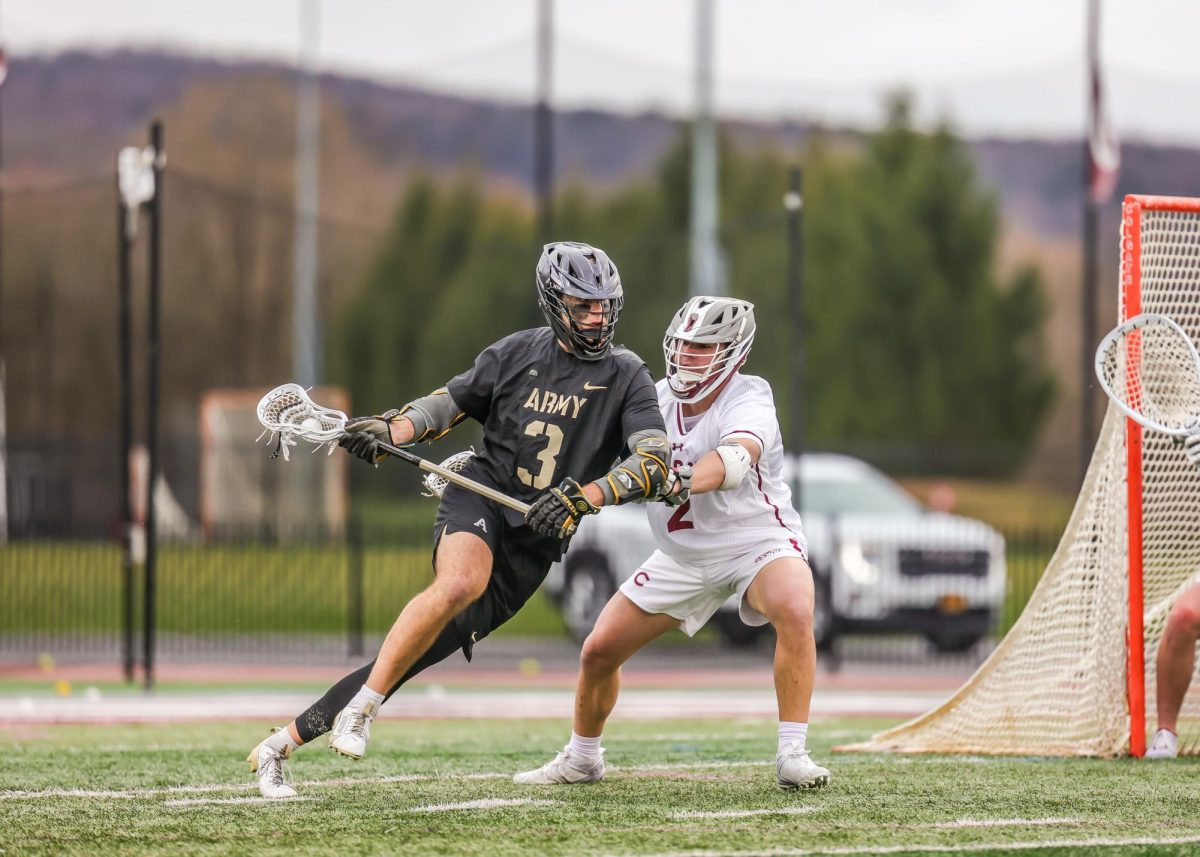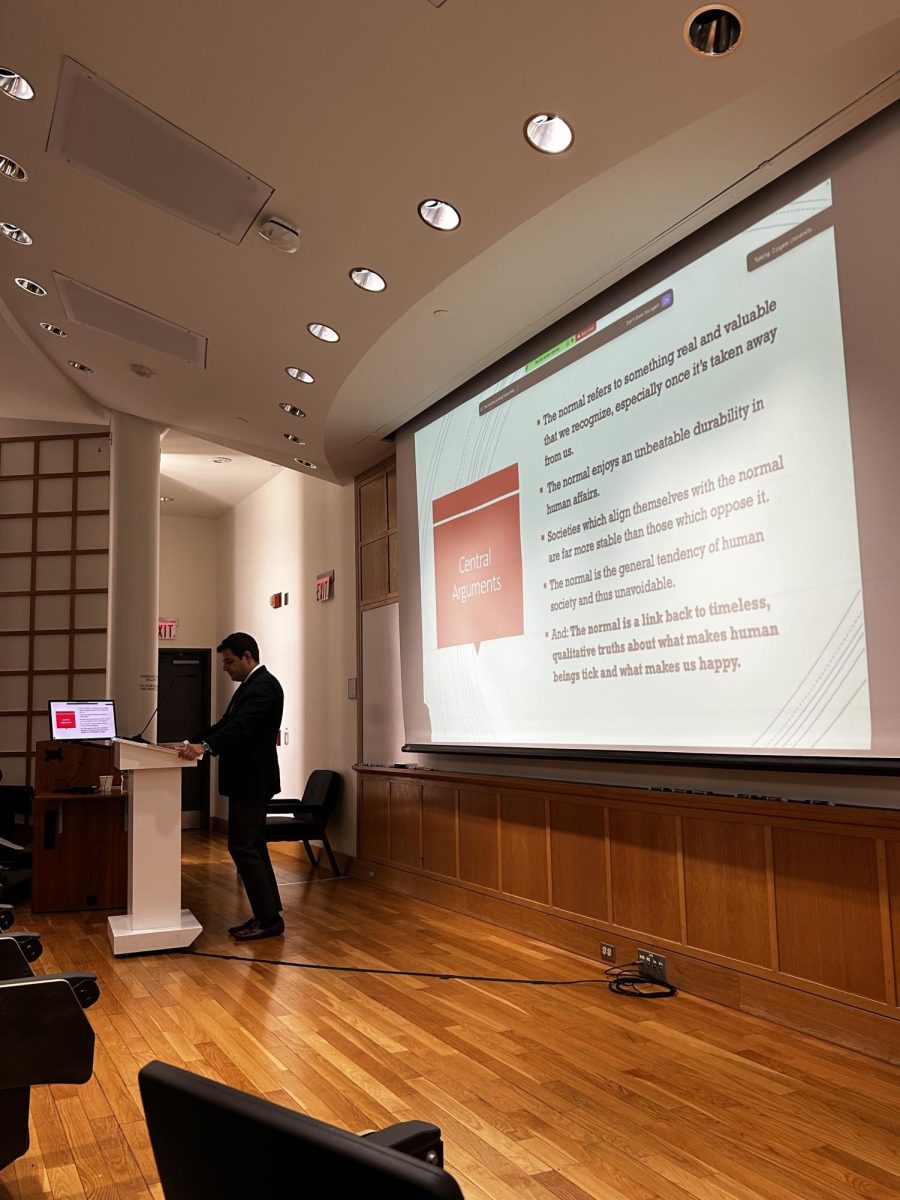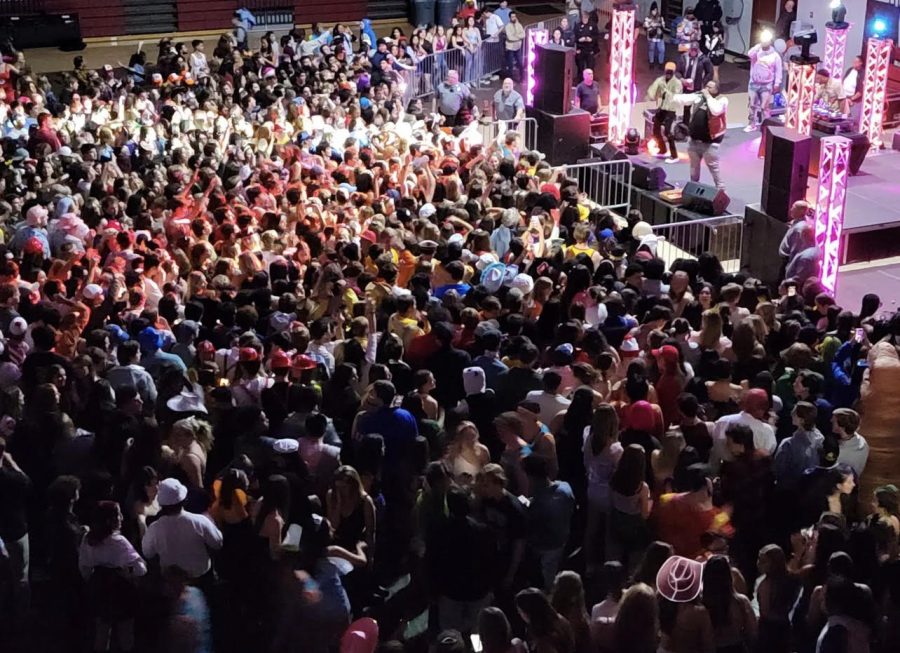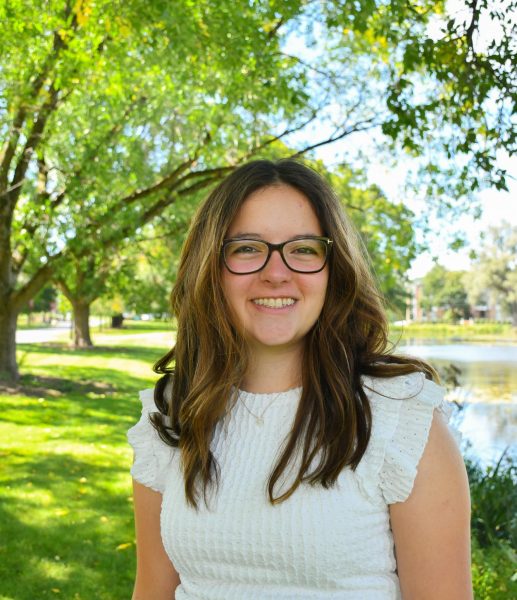The Budget Allocation Committee announced to students Oct. 30 that its available pool of funding for clubs and organizations has been nearly depleted much before the end of the Fall 2024 semester.
The BAC is a collection of seven student voting members who allocate funding, sourced from the student activities fee, to clubs and organizations on campus that are recognized through Get Involved. Opportunities for funding open at the start of each semester and are allocated on a first-come, first-serve basis, without holding any funds in reserve.
The BAC has administered roughly $550,000 to various student clubs and organizations across campus this fall. In order to support as many student events as possible for the remainder of the semester, the BAC has established a cap of $1,000 on any new proposals made this semester. After the remaining funds are used for completion, organizations will be unable to submit requests to the BAC until the beginning of the spring semester in January 2025. The proposal process will return to normal for the spring semester and any requests made for the spring at the pre-semester meeting on Dec. 8 will be allowed to exceed $1000.
The BAC stated that the current state of funding is caused by campus life returning to normalcy after the COVID-19 pandemic. Junior Angelina Li, who serves alongside junior Boen Beavers as a BAC treasurer, shared that the state of BAC funding is normal and should not be a cause for concern.
“Before the COVID-19 pandemic, both the number of clubs requesting funds and the scale of campus events were significantly higher,” Li said. “The impact of COVID-19 and associated restrictions led to a decrease in club activities; some organizations have remained inactive, while others have gradually returned to pre-pandemic activity levels. At BAC, we’re delighted to see more clubs re-engaging and organizing diverse events. The recent depletion of funds was anticipated — a portion was allocated to block grant organizations, while the remaining funds supported a broad spectrum of activities that contribute to the vibrancy of campus life.”
The BAC administers several types of grants to student organizations, one of which is block grants. Block grant organizations receive larger portions of funding at the beginning of the year instead of applying for funds as events arise.
Prior to 2020, BAC funding usually depleted as quickly as it did this fall. Although depleting BAC funding has frustrated a portion of the student body, it is not a particular concern for the voting members of the committee.
“Looking ahead, while we remain open to making minor adjustments to our constitution and procedural guidelines for greater efficiency, we do not foresee significant changes specifically in response to fund depletion,” Li said. “We view the current demand for funds as part of the natural resurgence of campus activity to its pre-COVID state, which is not a particular concern for the BAC.”
This semester’s quick depletion of funds has caused concern and frustration for many student groups across campus who have been forced to rethink events and monetary requests through the BAC. Masque and Triangle, a student-run theater group on campus, is one of the impacted clubs. Junior and Music Director Corrigan Peters explained how restricted BAC funding affected his plans.
“Limited funding changed some of our plans, especially timing, since we have to push funding requests to later dates when the BAC has more funding,” Peters said. “It has forced us to be more creative with our timelines and budgets to accommodate the BAC’s current limits. Our plans didn’t necessarily change in scope, but scheduling and logistics have gotten tighter for sure.”
The Colgate Innocence Club, a club that advocates against wrongful convictions and injustices in the government system, is another organization that heavily depends on BAC funding. Senior and Colgate Innocence Club President Naomi Kraemer shared a similar sentiment to Peters.
“It’s tough for the Colgate Innocence Club because we rely solely on BAC money, and we were planning to host speakers and do more intricate events,” Kraemer said. “With the lack of funding, we are more anxious about how our events will go, as there is only so much a club can do for free.”
Li emphasized that ultimately, the BAC aims to improve student life through how they choose to allocate funds from the student activities fee.
“We encourage all student organizations to remain active and accessible, while also being mindful of the financial responsibility each event and non-event entails,” Li said. “The BAC’s goal is to ensure that every dollar from the student activities fee is spent purposefully, inclusively, transparently, responsibly and effectively — funds collected from all students should ultimately benefit all students.”












